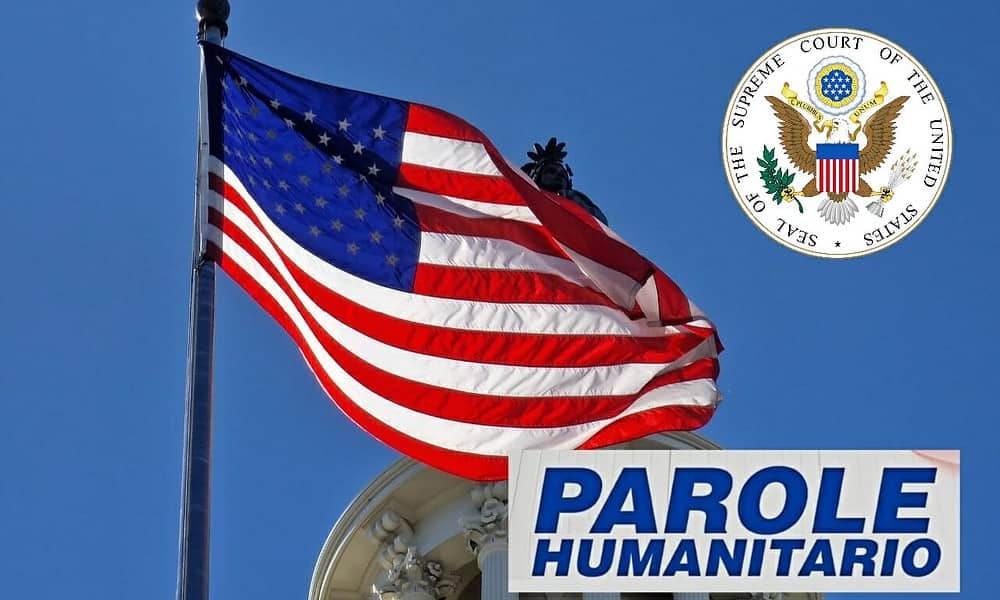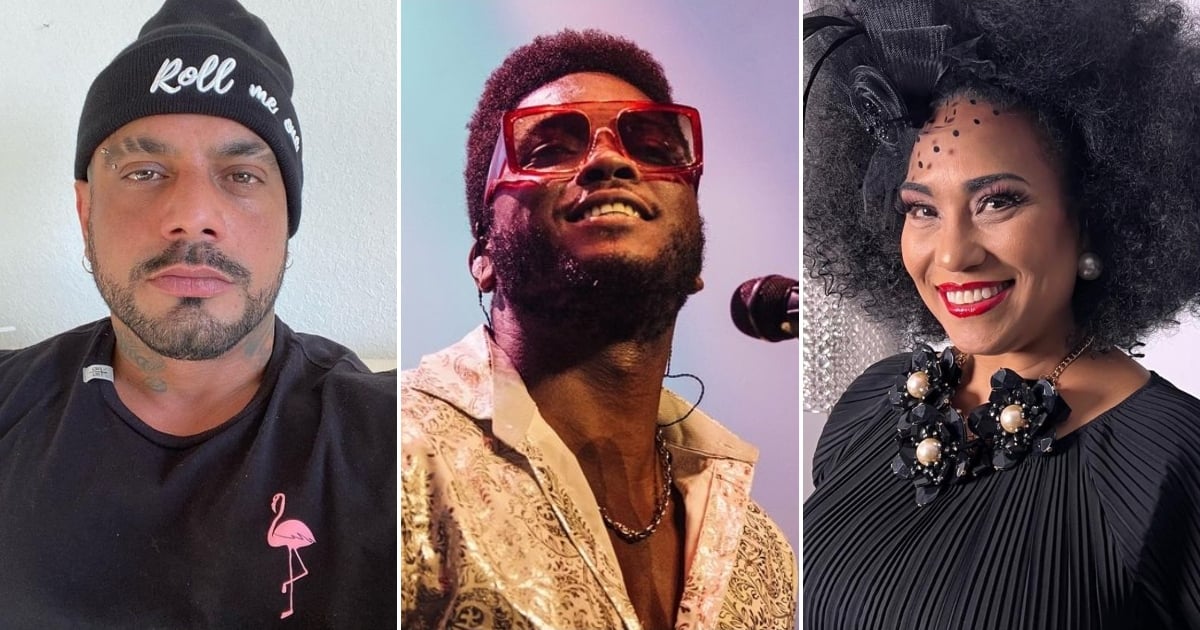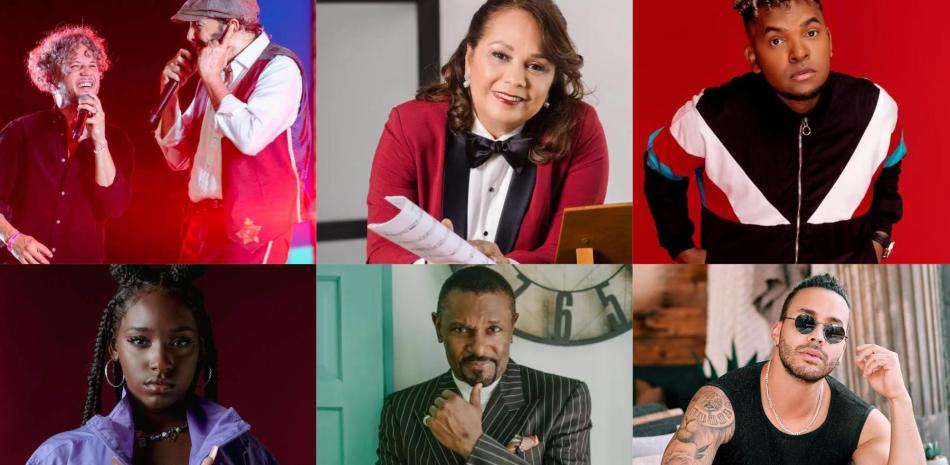It’s a recurring question among thousands of Cubans on both sides of the Florida Straits. This is a hidden and daily concern regarding the humanitarian parole that the United States offers to citizens of many countries in the region.This topic was recently discussed in the Facebook group “Humane Parole”. Controversy focused on whether or not to revoke sponsorship before United States Citizenship and Immigration Services (USCIS)?
The key question is whether this can be done even after applying under Form I-134A.
Any announcement regarding this cancellation? There is no clear or consistent procedure for officially notifying the beneficiary if the sponsor decides to cancel the petition. Many members of the aforementioned group shared their experiences on the subject. “Sponsorships are canceled by sending a letter or by updating their online application at the USCIS section that maintains their official profile.
Expect frustration
As such, it cheers the thousands of Cubans who have been waiting for a response to their humanitarian parole case since January.
Many of them wanted to fly from Cuba to other destinations and make a journey until they reached the United States. One of the preferred variations is to travel to Nicaragua using the visa-free policy and cross Central America until reaching the South American border.
Before appearing at any of the eight border checkpoints, they make an appointment at CBP One to receive an I-94 document. It works like parole and then gives you the opportunity to apply for the Cuban Adjustment Act.
Eligibility criteria for humanitarian parole focus on demonstrating urgent and significant need, which goes beyond mere convenience.
The application process is simple and begins with the submission of Form I-134A by a sponsor in the United States. Each step requires a detailed and convincing justification with evidence of financial solvency on the part of the sponsor.





